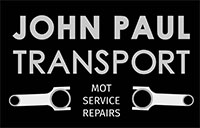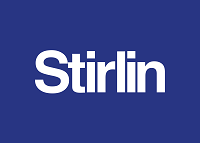Keeping your Property and Assets in safe hands.
If you own a property that is let, you need to be confident that your property is protected.
We have expertise in arranging cover for leasehold apartment blocks, including listed buildings, unoccupied properties, holiday lets and commercial properties.
We have provided a brief description below of the different ways that landlords can protect themselves.
1) Buildings insurance
Buildings insurance is widely considered to be the most important type of cover and a priority for all landlords. Mortgage lenders are likely to insist on a landlord holding a policy – and even those without a mortgage are advised to cover themselves.
Property Owner policies will cover the cost of rebuilding or repairing a property should it be affected by issues such as storms, floods, vandalism, fire, damage to water or heating systems, subsidence, falling trees and much more.
Your policy will also cover loss of rent, but only in the case of an insured peril (in the event of a claim), such as a fire or flood.
Buildings insurance will, in many cases, cover malicious damage by tenants, providing a further benefit to landlords.
2) Contents insurance
This insurance protects all contents, owned by the Landlord against theft or damage.
3) Landlord liability insurance
This part of the policy covers landlords in the event of somebody being injured or killed while on their property. It also protects landlords against any tenant who opts to sue following an accident. It doesn’t necessarily have to be someone on their property, it could be someone walking by who gets injured by a falling slate for example. And it also covers damage to third party property.
4) Legal Expenses Insurance
This covers the cost of legal proceedings related to the property, such as eviction processes or disputes with tenants.
What could affect my premiums?
- Location of the property – a high risk of flooding or subsidence as well as a higher crime rate in the area
- Type of property – listed buildings, older buildings, and those in a conservation area
- Type of tenant – houses of multiple occupation (HMOs) and tenants that receive housing benefit are deemed higher risk
- Commercial Lets – Depending on the type of tenant and their trading activities will affect the rating.
- Insure for the rebuild valuation of your property (not the market valuation)
Watch out for Under Insurance!
How to Avoid Underinsurance
1.Accurate Valuation: Ensure that the insured value reflects the true cost of rebuilding or replacing your property and possessions. This includes considering the cost of materials, labour, and any additional expenses like demolition and debris removal.
4. Understand Policy Terms: Be aware of any clauses in your policy, such as the ‘average’ clause, which can reduce your payout if you are underinsured, this can be eliminated following a Professional Valuation.
By taking these steps, you can better protect yourself from the financial risks associated with underinsurance.





